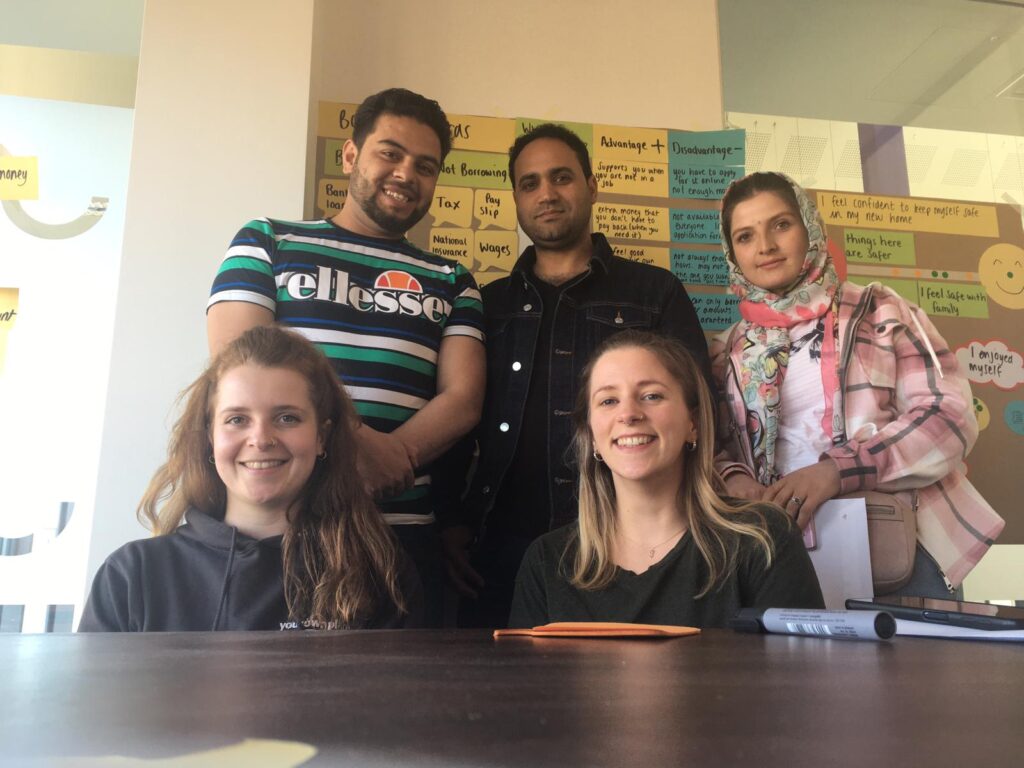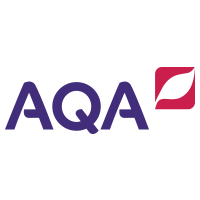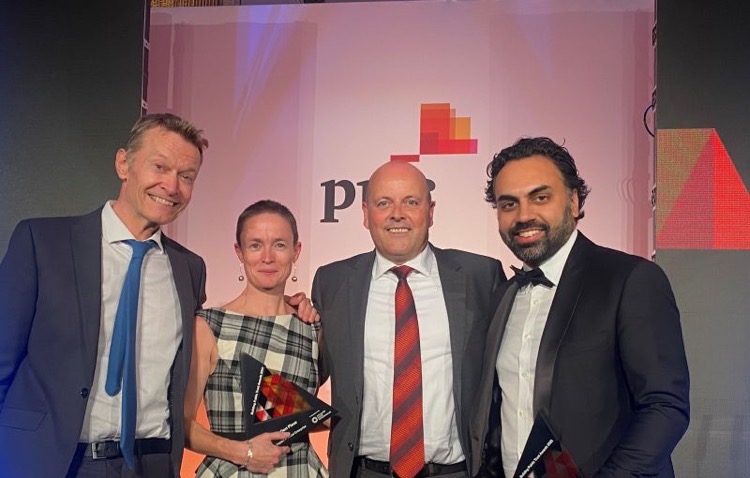This article is written by Jess Marsh, Facilitator at Your Own Place.
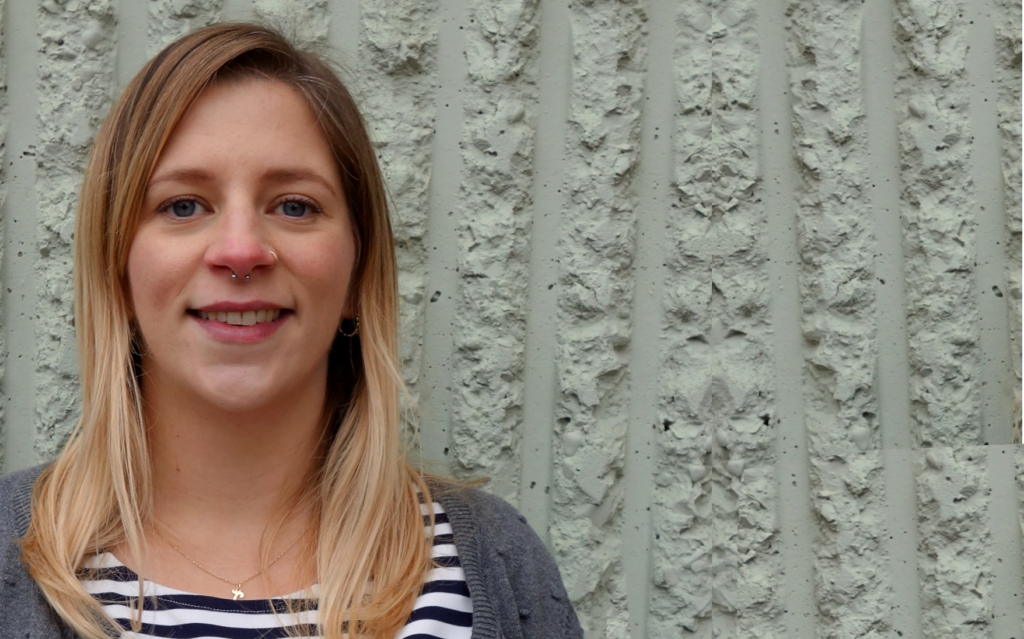
‘Good things come in threes’.
‘Three is a magic number’.
And my favourite…
‘First the worst, second the best, third the one with the hairy chest’ (apparently!).
After celebrating my three year YOPiversary on 2nd December, you’ll be as disappointed as I was to find out I never received my promised hairy chest. I did, however, realise that what I got was so much better – some incredible reflections of the last three years.
ONE. Connections are more important than anything.
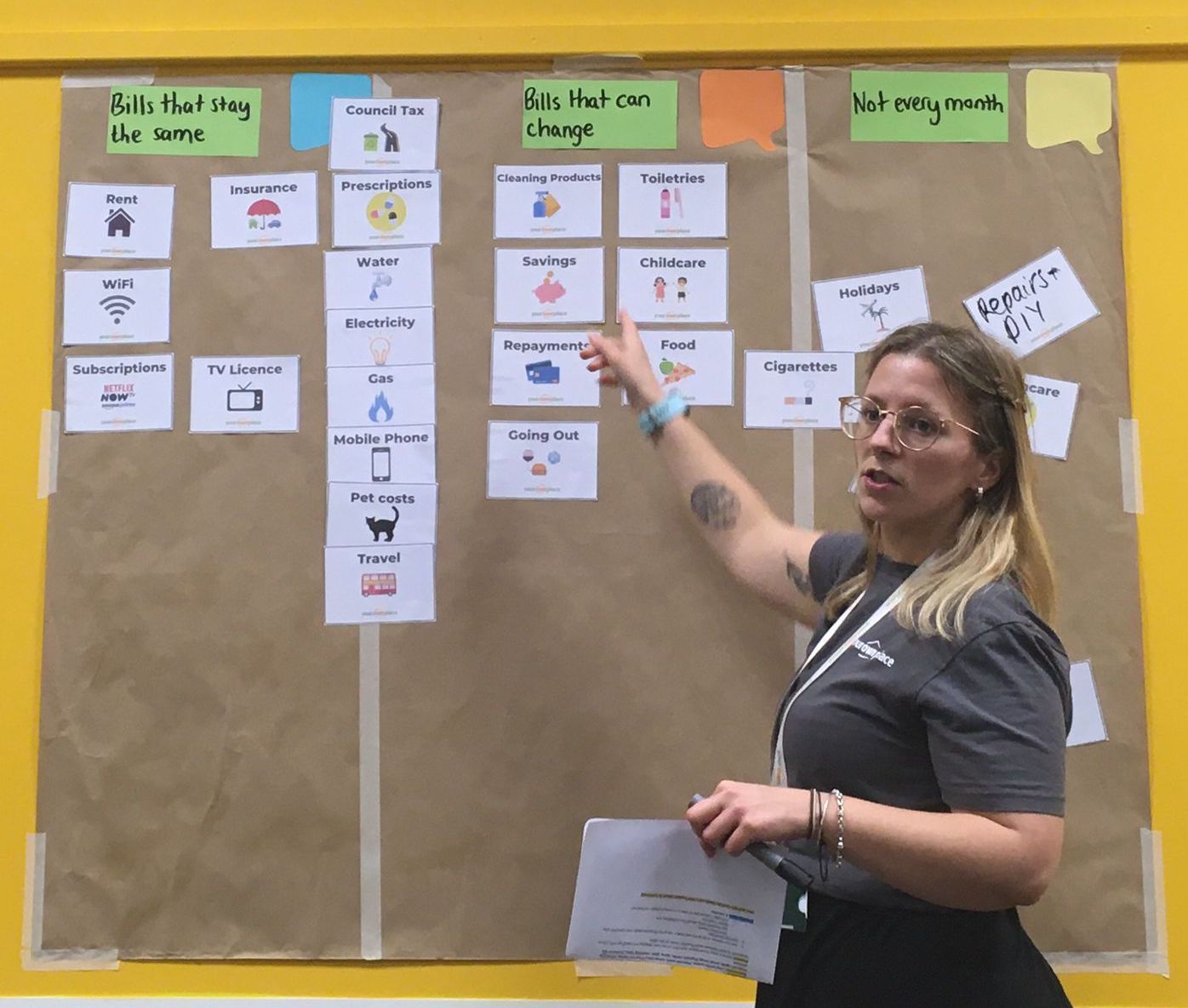
If you do the maths, you’ll realise that I’d only been working for Your Own Place for three months before we went into a national lockdown thanks to Covid-19. My first year at Your Own Place was spent trying to find any way to build connections with people when we were so cut off from each other.
We learnt the value of interactive online content to bring people together, of going the extra mile to support people to connect (yes, many a road trip to deliver a tablet or device so someone can join an online workshop) and to let our guard down and be authentic with how we were finding this new ‘normal’.
My second year was no walk in the park. We tentatively dipped our toe back into running face-to-face workshops, ensuring they were Covid-safe for all participants. Whilst it was a slow burner, trainees did return, and we started to see the increasing importance of bringing people face-to-face to share experiences (more so than pre-pandemic)
This last year, group workshops have given a forum for people to talk about how the increased cost of living has been affecting them. It feels like the emphasis of a workshop has shifted from taking away new skills (although this still happens and is a total bonus), but to listen and share with others in a similar situation. The validation for trainees now comes from hearing they are not alone, and they are doing all the right things.
TWO. Put your fingers in the pies.
This time three years ago, there were only two Your Own Place workshop commissions, alongside a mentoring project and our Advisory Board. We all worked quite linearly, as that’s what was needed for those sized projects – ownership and consistency – and it worked.
Three years later, several huge projects, a handful of smaller commissions, two operational managers, five new starters, three goodbyes and three office doggos later, we work in a totally different manner. As a team, the structure has evolved to champion our strengths and enable us to put our metaphorical fingers in the metaphorical pies that look the most tasty and it has only made us stronger and more efficient as a team.
There is still breathing space to reflect and celebrate, but curiosity has definitely been a huge factor in such a significant shift in a small and challenging time period.
THREE. Don’t take things so seriously. Seriously.
Take things with a pinch of salt. People are always more than their ‘labels’ on a referral sheet. Being professional is important, but always balance this with authenticity and laughter. Making ‘mistakes’ can be just as much a learning experience as getting it right the first time, so don’t worry too much. With trainees, being honest when you don’t know the answer role models this better than anything. And in the office… well, we tease each other incessantly (and respectfully) until we fall into puddles of laughter more often than ever before.
Completely serious.
